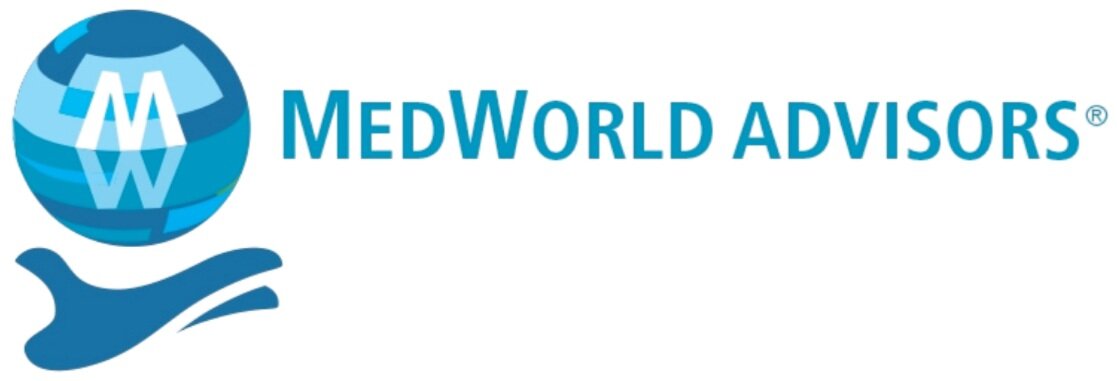Part 1: What sellers need to know about the due diligence process in an acquisition
To view our article in the Today’s Medical Developments Magazine website, click here.
Selling your company can be one of the most significant and complex undertakings of your professional life. Whether you’re exiting to a strategic buyer or a private equity (PE) firm, understanding and preparing for due diligence can materially affect valuation, timing, and deal success. As a seller, being well-prepared for this process is imperative. A well-run diligence process builds credibility, accelerates the deal-closing timeline, and preserves valuation. What is due diligence? What does it entail? How can you ensure you’re prepared for success even before you get there?
Due diligence is a rigorous and comprehensive review of your company by the prospective buyer. It involves sharing detailed information about your financials, operations, legal structure, customer contracts, and more. Whether your prospective buyer is a strategic or PE firm, before they write you your check, they need to fully understand every piece of your business. The buyer uses due diligence to validate what you’ve represented about your business – and to uncover any red flags that could impact value, structure, or the decision to move forward.
What buyers examine closely
Buyers will want to closely examine virtually every area of your business. It’s standard for buyers to bring in third-party vendors to evaluate the individual workstreams of your company. It’s common for buyers to begin with the financial due diligence workstream, which sees requests for detailed reports on revenue trends by product line/channel/geography, gross margins, cost structure, customer concentration, working capital, forecasting, and more. With these numbers in hand, the buyer will ask detailed questions on the hows and whys of your reporting as well as any clarification questions they may have. What buyers will prepare with this information is a Quality of Earnings (QoE) report that will validate the financials your team has put together and allow the buyer to begin to build their own projections for the future of your company.
The legal workstream will involve receiving questions on corporate structure and governance, key contracts with customers/vendors/suppliers, pending litigation, regulatory compliance, intellectual property (IP), and more. For medtech businesses there’s additional scrutiny around regulatory compliance and IP protection. Requests for quality certifications, audits/inspection history, and IP ownership related documents will ensure the buyer can be certain of the legitimacy of your business and products. While much of this workstream is an exchange of documents, a crossing t’s and dotting i’s exercise, there’ll still be additional questions to ensure understanding is clear.
While legal and financial due diligence are arguably the biggest categories, they’re not the only workstreams where diligence comes into play. Also common to see are tax, commercial, team/HR and insurance. These workstreams also require reviews of the way you’ve set up your business processes, from how your customers view you, and to the levels of staff engagement your business has. You’ll also see deal-specific workstreams depending on your particular offering – such as cybersecurity/software or manufacturing.
Why due diligence?
This heavy and involved process can feel cumbersome and at times invasive. We frequently have sellers ask us, “Why do we need to go through due diligence?” The reality is most strategic and financial buyers have a fiduciary responsibility to their stakeholders to perform due diligence before making an acquisition. Therefore, they bring in expert outsourced vendors to assure them what they’re purchasing is validated. In many cases, they can’t do the deal without performing a thorough due diligence process.
Due diligence also provides the buyer with context supporting their transition planning and post transaction strategy – with the seller’s help. And many sellers enjoy engaging with the buyers on these discussions as it validates why the seller has created a valuable foundation for future growth. They want to ensure the future of the partnership looks bright for all stakeholders (including their employees, customers, and vendors).
Keep an eye for Part 2 of this series, where we discuss how sellers can best prepare for this part of the acquisition process.
About the author: Estelle Black is the business operations director at MedWorld Advisors. Through her leadership in pre- and post-LOI diligence activities, she facilitates M&A execution at MedWorld Advisors. Value = Strategic Fit + Timing® is a registered trademark of MedWorld Advisors.
To view our article in the Today’s Medical Developments Magazine website, click here.

